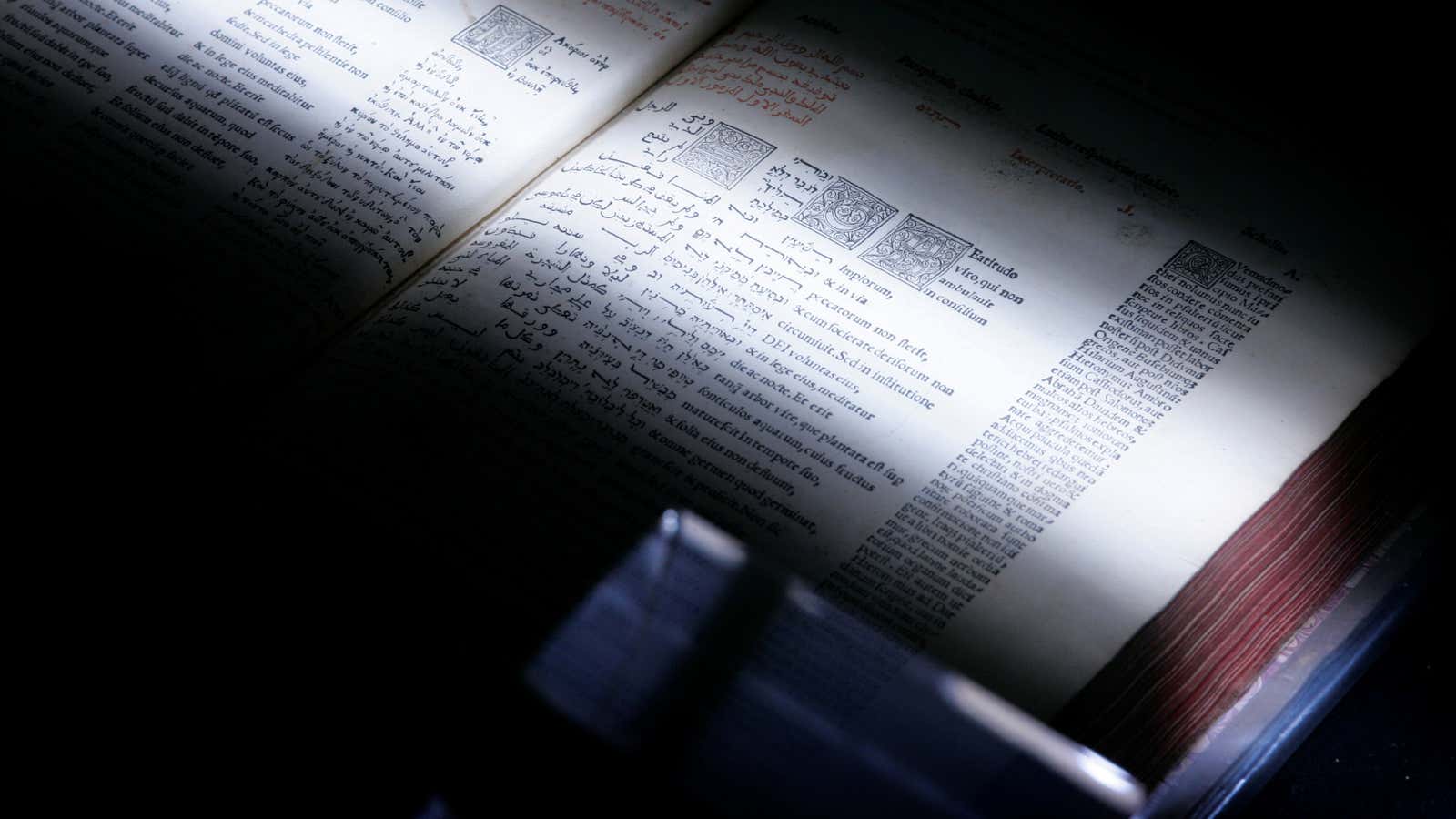A ten-year long case against Google has finally seen its end.
Today, the US Supreme Court announced it had declined to hear Authors Guild v Google, a pivotal case that pitted book authors’ rights against the tech giant’s desire to build a massive digital library. In doing so the court quietly sided with Google, agreeing with previous rulings that its massive book scanning project is legal.
In 2005, the Authors Guild, an advocacy group for authors’ rights, sued Google for its book scanning initiative, then called the Google Books Library Project. The digital giant had scanned 20 million books and released them online without permission from their authors, with the goal of making books more findable and searchable. At the time, Google also ran ads on the scanned pages (they’ve since stopped); the guild argued that Google was infringing on writers’ copyright and depriving them of potential income.
Though Google removed its ads, the case continued, changing dramatically from a dispute about monetary compensation to one about how to treat creative work in a time of mass digitization. Ten years later, in 2015, a court of appeals ruled again against the authors, saying that the book scanning project was protected under “fair use”—by digitizing, Google Books had transformed the books, and therefore was not in violation of copyright:
Google’s making of a digital copy to provide a search function is a transformative use, which augments public knowledge by making available information about Plaintiffs’ books without providing the public with a substantial substitute for matter protected by the Plaintiffs’ copyright interests in the original works or derivatives of them.
Current US law protects works based on pre-existing works, if they add something or make something new out of the original. But an amicus brief filed in February by big-name writers like Margaret Atwood, J.M. Coetzee, and Malcolm Gladwell argued that “the internet was not anticipated“ when fair use was defined in 1976. Today, derivative works, no matter how transformative, may spread to millions in an instant, all while trading heavily on someone’s creative ideas without compensation.
US copyright law hasn’t had a major update since the late 1970s, the authors pointed out, and the “fair use” doctrine should be changed in a world of lightening-speed digitization and distribution.
But by not hearing the case, the Supreme Court implicitly upholds Google’s project to enable free access to information that’s normally locked up and protected. But it also shirks its chance to redefine the value of intellectual property in the digital age.




